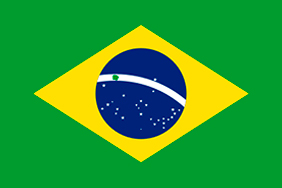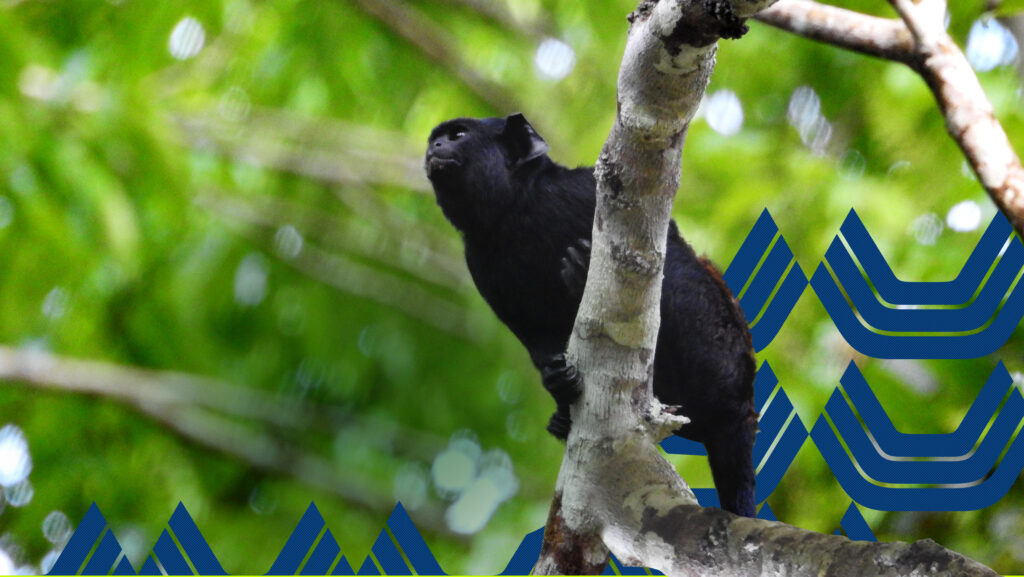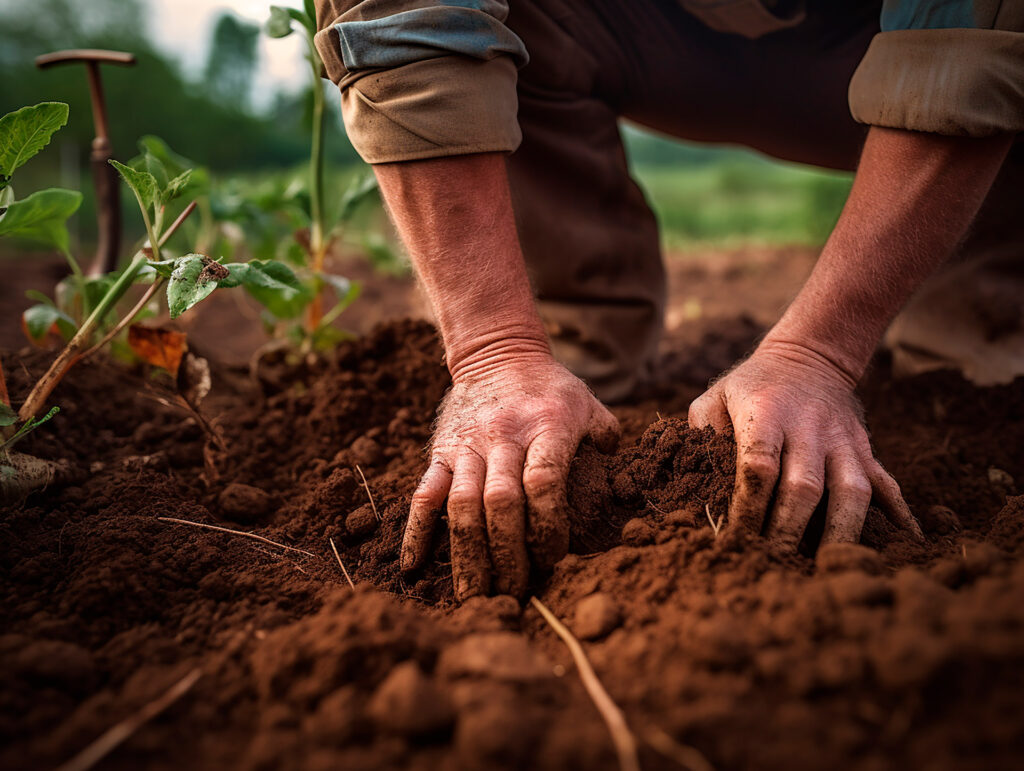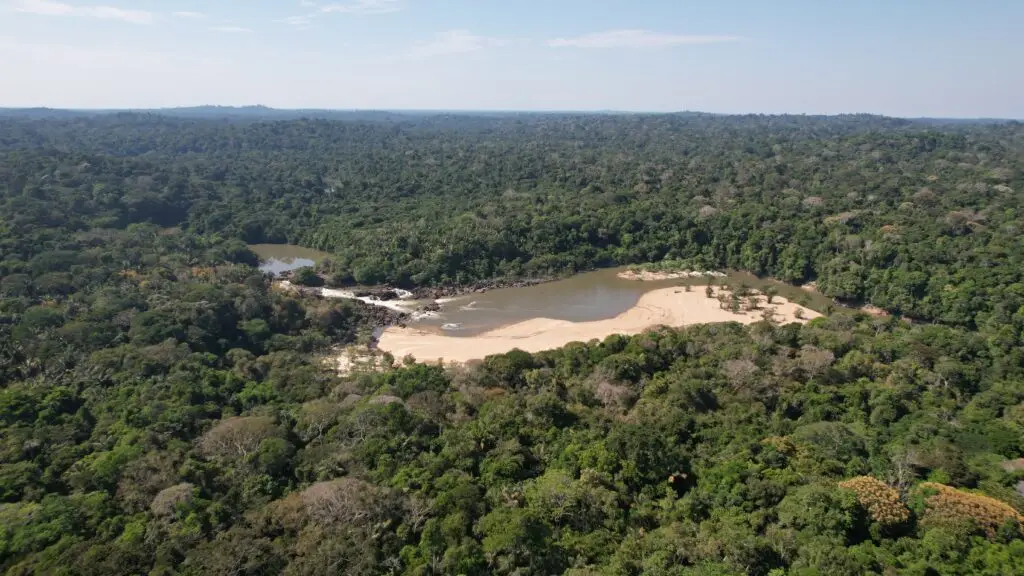The document details the execution of the Forest+ Carbon Program, instituted in July 2020 with the objective of promoting and consolidating the voluntary forest carbon market.

The Ministry of the Environment (MMA) published last month a technical note that details how the Forest+ Carbon Program will be implemented, an initiative that represented a major historic advance for the voluntary carbon market in Brazil and that now takes another important step towards its effective implementation.
The document defined that the implementation will be structured in three phases, the first of which has already been carried out:
1) Recognition
Constitution of the National Commission for REDD+, the body responsible for coordinating, follow and monitoring the implementation of REDD+ in Brazil.
2) Registration
Development of a digital platform for project registration.
3) Rules
Implementation of measurement methodologies in order to fit the project in the requirements of Article 6 of the Paris Agreement.
Click here to access the full note.
What changes?
The initiative demonstrates a consolidation of the program and what it represents. Undoubtedly, the growing commitment to fight climate change was decisive for this movement.
Over time and the progress of the phases, we will continue to see an increasingly solid and secure market.
Consequently, we see the result at the other end: private sector investment reflected in the valuation of activities that avoid emissions of greenhouse gases (GHG) and provide socio-environmental benefits through environmental protection and monitoring services, as is the case with REDD + projects.
Forest+ Carbon Program
The Ministry of the Environment instituted the Floresta+ Program with the main objective of encouraging the voluntary market for carbon credits and guaranteeing a favorable business environment for this sector.
REDD+ Projects are one of the main sources of fundraising to encourage the conservation of native forests because they operate in areas under pressure from deforestation, contributing to the conservation of biodiversity and promoting the sustainable development of these regions and communities that depend on the forest. In practice, once the conservation of an area under pressure is proven, carbon credits are generated and sold on the voluntary market, enabling the continuity of conservation actions in the long term.
Neutralize your company’s emissions through carbon credits generated by our REDD+ Projects.
[divider height=”30″ style=”default” line=”default” themecolor=”1″]






